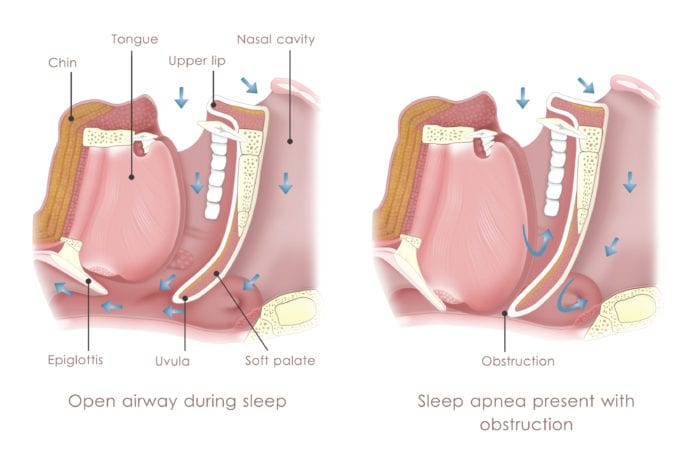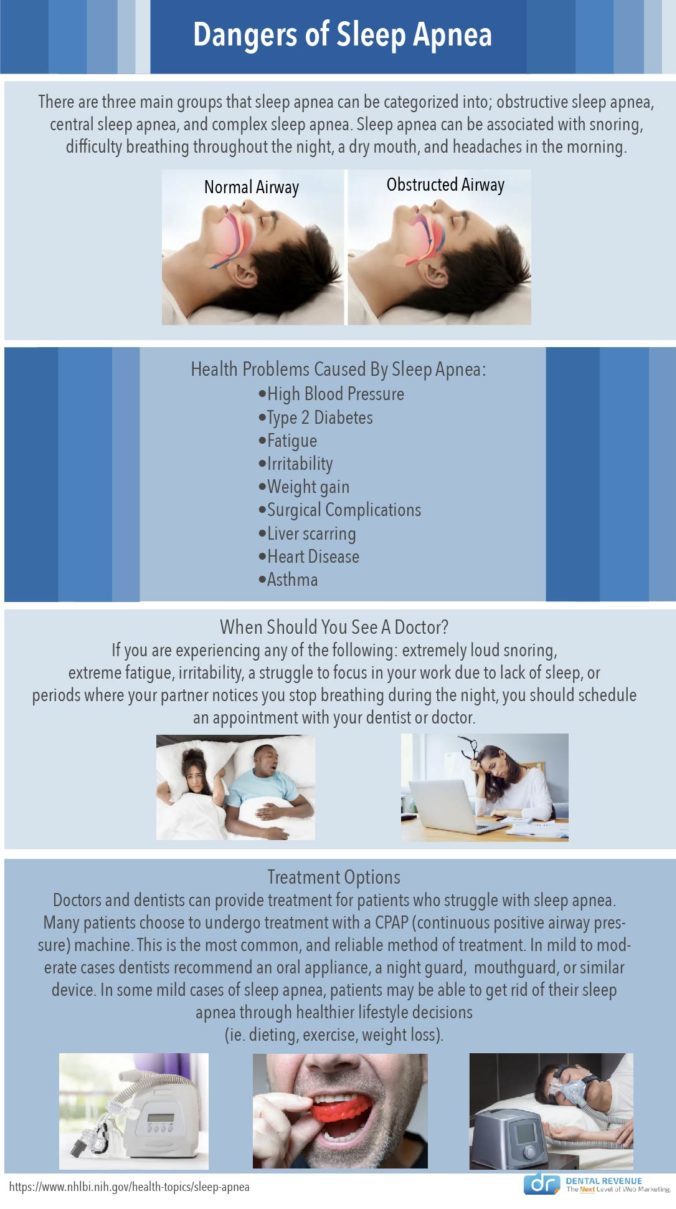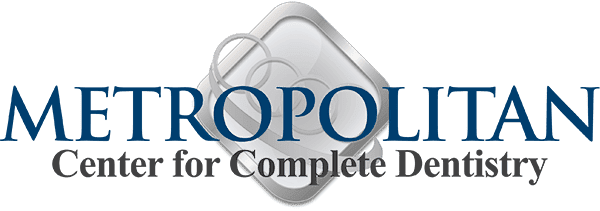Sleep Apnea: An Overview
Treating Sleep Disorders Through Dentistry
Dentistry is not just limited to the cleaning and care of teeth. Dr. Raj Upadya practices what is known as “complete dentistry,” considering the patient as a whole to treat underlying problems and conditions associated with the mouth, teeth, and TMJ.
In addition to treating common sleeping disorders, we also treat various dental concerns. Dr. Upadya has advanced training in treating diagnosed sleep disorders. If necessary, Dr. Upadya works with your physician to coordinate a diagnostic sleep study for sleep apnea.
While snoring alone is not a major medical concern, it may indicate a more serious condition called obstructive sleep apnea (OSA). Snoring occurs when the soft tissue structures of the upper airway collapse and vibrate during sleep, producing the sound known as snoring.
Obstructive sleep apnea (OSA) is the most common sleep-related breathing disorder. Patients with OSA stop breathing repeatedly during sleep. This occurs due to a blockage of the airway, typically caused by the collapse of soft tissue at the back of the mouth. There is a strong link between OSA and obesity.
Risk Factors
There is no single cause for snoring or sleep apnea. Drinking, smoking, or using sedatives can often make snoring worse. Patients who are overweight, pregnant, and use drugs are also more likely to snore or suffer from sleep apnea.
The prevalence of sleep apnea increases with age. Experts estimate that as many as 50% of elderly men and women suffer from the disorder.

Sleep Apnea Treatment
There are a wide variety of treatments for snoring and sleep apnea. Dr. Upadya focuses on oral appliance therapy, including customized splints, mouth guards, and night guards designed to keep the airways open during sleep.
They fit comfortably in the mouth and should not interrupt sleep. They work by keeping the airway open to prevent snoring and other sleep apnea symptoms. Most patients will use their oral appliance nightly, which is the key to reducing the health risks associated with sleep apnea.
How Does an Oral Appliance Work?
- Repositions the lower jaw, tongue, soft palate, or uvula
- Stabilizes the lower jaw and tongue
- Increases the muscle tone of the tongue
Symptoms of Sleep Apnea
It may be difficult to diagnose a sleep-related breathing disorder like OSA. It may involve your general physician as well as Dr. Upadya. He may use diagnostic imaging such as X-rays to examine the airway and look for signs of blockage. He may also recommend that you participate in a sleep study to evaluate your sleep quality.
Dr. Upadya will evaluate your entire medical history to see if there are any indicators of a sleep-breathing disorder. There are common signs of sleep apnea; you should inform Dr. Upadya if you suffer from any of them.
- Daytime sleepiness and the tendency to fall asleep while reading, watching television, or driving
- Loud snoring
- Gasping while sleeping
- Dry mouth
- Morning headaches
- Problems with concentration, mood, and mental clarity

Sleep Apnea FAQs
What is the best position to sleep with sleep apnea?
The best position to sleep with sleep apnea is on your right side. This helps with air and blood flow and also helps prevent snoring.
How many times a night does someone with sleep apnea wake up?
Patients with sleep apnea wake up approximately five times per hour while sleeping. Patients with obstructive sleep apnea may wake up more than 30 times per hour.
What happens if you don’t seek treatment for sleep apnea?
If left untreated, sleep apnea increases the likelihood of patients suffering from high blood pressure, strokes, heart attacks, and heart failure.
What food should I avoid if I have sleep apnea?
Patients with sleep apnea should avoid meats that have high-fat saturation. This includes burgers, steak, pork, bacon, lamb, and sausage. Patients may also choose to avoid bananas and dairy products because they increase the body’s mucus production, causing more blockages in airways.
Does eating before bed affect sleep apnea?
Patients with sleep apnea should avoid eating large meals at least two hours before bed. Eating large amounts of food before bed will put excess pressure on your diaphragm, worsening your breathing and causing more apneas.
What are the three types of sleep apnea?
The three types of sleep apnea include obstructive, central, and complex sleep apnea. Patients most commonly experience obstructive sleep apnea.
Schedule a Dental Exam & Consultation
Learn more about Snoring and Sleep Apnea treatment at the Metropolitan Center for Complete Dentistry. Our office is conveniently located near you in the East Hanover, NJ, and Summit, NJ area. Dr. Raj Upadya gladly welcomes new patients and out-of-town patients.
